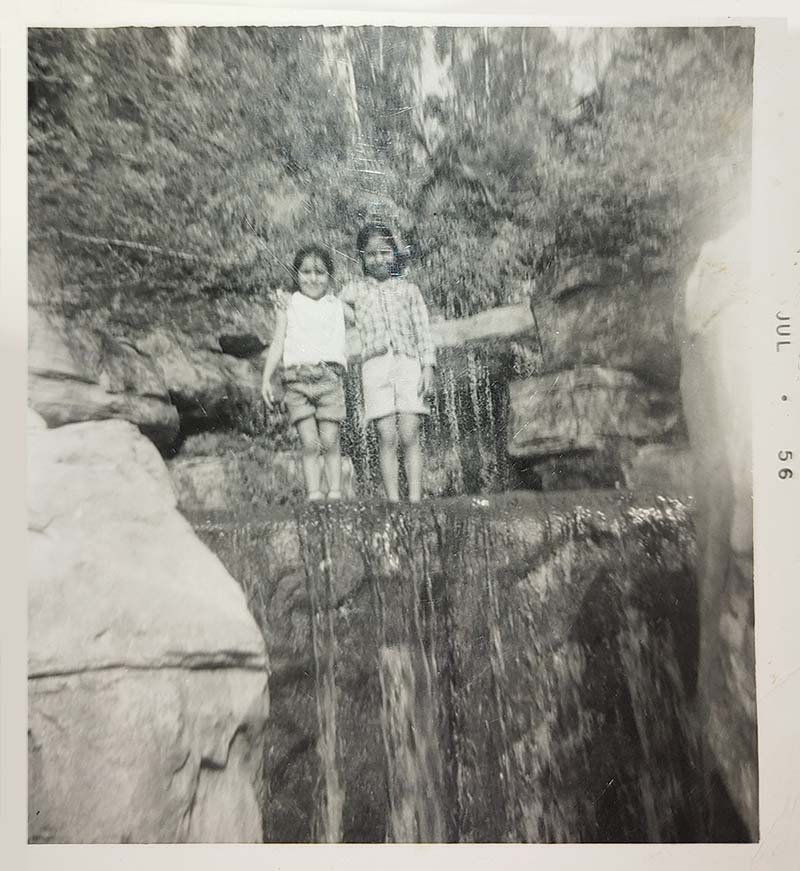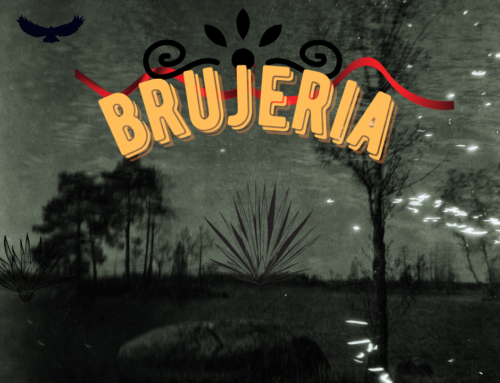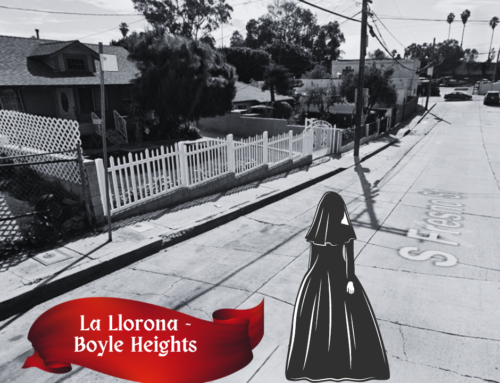May 8, 1959 is a day that Rachel Cantu will never forget.
It’s the day Los Angeles sheriff’s deputies forcibly evicted her family from their grandparents’ home in the Palo Verde neighborhood of Chavez Ravine.
The media had turned out in force, so there are lots of photos from that day. A film clip that aired on a TV station still shows up in documentaries showing deputies carrying her mother out of the house.
All of this happened sixty-two years ago. While many Los Angelenos know about the mostly Mexican American neighborhoods of Bishop, La Loma and Palo Verde that existed before Dodger Stadium was built, not all do. And for some, the details and the timeline are fuzzy.
The short version: on July 24, 1950, the city of Los Angeles sent eviction letters to the families of Palo Verde and Chavez Ravine areas notifying them of a plan to build a housing project “for people of low income.” That plan fell through and never happened.
Most of the families took payouts and left, like my mother and her family. They were long gone by 1959, when only a few households remained, holdouts determined to hang on to their property.
While researching the evictions for my fiction book, The Monsters of Chavez Ravine, I once again came across the photo of a young woman, Aurora Vargas, struggling against sheriff’s deputies, bent over, hands behind her back.
An officer in the picture looks down at a little girl. She’s crying. Her face is a mixture of fear and disbelief. She has one hand on her mother’s back as she gazes up at the man. Did she say anything to the officers? What was going through her mind?
By pure chance, I connected with that little girl, Rachel Cantu, when someone she knew brought my book to her attention. I asked if we could talk, and she graciously agreed. She answered my many questions about her grandparents, Abrana and Manuel Arechiga and what she remembered from that day in 1959 when she was ten years old.
Rachel grew up on Malvina Street, surrounded by aunts, uncles, cousins, and grandparents. And while each of them experienced and processed that event in their own way, this is Rachel Cantu’s story.
Q&A
Q: In the photo you were seen crying with one hand on your mom’s back. Did you say anything to the deputies arresting your mother? What happened after the photo was taken?
A: I told him to let my mom go. My mother was put in the car and so was another lady. Her name was Glenn Walters. She lived on the hill. After that, they separated them and I was still screaming, and they let me go in the car because they were going to take my mom. Where I have no idea. Once I got into the car, they took us up to the top of the hill. It was called Mustard Hill, I believe. Once they let me out of the car, I went and I looked down and eventually I could see they were bulldozing everything. Then they took me back down to my grandma’s [house] and then they took my mom to jail.
Q: After your grandparents’ home was bulldozed, what happened?
A: Well, we were just there, and it was loaded with newspaper people, all our family and neighbors. Eventually, in the evening, they put up a large tent and we put up a campfire and we slept there overnight. The next day they sent people over. They said the children couldn’t stay there and they couldn’t camp there either, and then somebody volunteered a trailer and we stayed in the trailer for a few days. Eventually they came back again, and they made my grandparents leave.
Q: You’re describing such a traumatic incident. What do you think were the long-term effects of that eviction on your mother in your grandparents, and on you?
A: Well, my grandmother never forgot it. With the money they got, they purchased a property in City Terrace, and they just started living there. But they never forgot it, of course, and I moved with my mom to Pico Rivera at the age of ten.
Q: That transition from such a close-knit community to the big sprawl of Los Angeles must have been a big adjustment.
A: It was very much so, but we made it through. My sister and I didn’t talk Spanish in Pico Rivera because of the prejudice. People would call you names in school and stuff. And when we went to the market and my mom would talk to us in Spanish, people would turn around. By the time we were in our early teens, [my mom would say)] talk to me in Spanish, it doesn’t matter.
Q: Do you remember any conversations about why your family made the decision to hold out for so long, so many years after most residents sold up to the city and left?
A: Because my grandparents owned the property and the reason they had originally been told, eminent domain, that they were going to be given an apartment of their choice and they were going to be the first ones to pick and stuff. But they already had a house, and we had a yard and we had everything, and they were going take it away. [My grandpa, along with my uncles, built those houses].
Q: Do you remember them talking about other people leaving and them staying behind? That must have been a little unsettling.
A: Oh yeah. One time, I remember we saw people moving down the street. Like, maybe ten houses they were moving out and I remember sitting on the porch just looking at them and my sister waving at them. I would remember that when my parents and my grandma would be talking about how the city of Los Angeles wanted to take our house. That’s basically the politics I knew about at the time.
Q: What was it like living in Palo Verde at the end there, when it was mostly a ghost town?
A: To me, it was paradise. Those back hills had a lot of weeds and palm trees up there and we would get cardboard boxes and all the cousins would go there and slide down. My cousin Chuy and I would be playing war. We’d be knocking down weeds, taking [or stripping off?] the eucalyptus tree leaves and playing war and cowboys, playing in the street of Melvina. The Police Academy was right there, and they never told us anything. They were our friends. Sometimes, they’d stop and give us tennis balls. The Police Academy was our playground and because they knew us, they let us play around.
Q: Many people, including Latinos, blame the Dodgers for displacing the people of Chavez Ravine but as you mentioned, it all started long before the arrival of the team from Brooklyn. What’s your view on that?
A: It was politics, trying to make Frank Wilkinson a red/communist. It was stupid. They were just trying to pick everything out of it and instead of trying to pay the people, they should have paid fairly, and that includes my grandparents.
Q: To those people who say, “I hate the Dodgers, it’s their fault,” what would you say?
A: It’s not the Dodgers fault. Even my mom would say that. She never went to Dodger Stadium but she had a Dodger cap. She knew it wasn’t the Dodgers or anything, but they were there, and we weren’t. To this day, I’ve never gone back.
[I think this ends very strong, so I think we should leave out the part about your sister saying it’s all just rubble]
Q: If there’s one thing you’d like people to know who don’t know much about the old neighborhoods of Chavez Ravine, what would it be?
A: Well, one of the things that really hurts us is when they say it was a slum. The way I see it now, the houses weren’t a slum. We didn’t have rats or anything inside. We had running water. We had all the utilities that we needed. We had food. Everybody was always hustling to work to keep food on the table.
Q: Is there anything I didn’t ask you that you would like to add?
A: I really would love the story of my grandparents to be told. They were amazing people All they do is show my grandmother being a mean old lady, and she wasn’t. She was just trying to protect her property.





Supposedly my mom Madalena “Helen” Basta nee Garcia took piano lessons from a Professor Cantu in a house on Savoy Street off Bishops Road (near Cathedral High). My mom told this to Lawrence Bouett. Actually I’ve never discussed the Professor with mom. Have to do that. And read all of your stories.
So good to see all of the people I’ve read about from so many different places in your work.
Regards,
Victor Rini
Hi Victor,
I wish my mother was alive to ask her if she knew your mom! She lived on Bishops Road in PV. I emailed back and forth with Bouett several years ago, but I haven’t received a response to my most recent email so I wonder if he’s still active with Chavez Ravine research. His website is still up and running.
Thank you for reading my stories! I’ve loved writing them, and I’m contemplating a sequel to The Monsters of Chavez Ravine, set one hundred years after Lencha cursed the place (should it fall into outside hands), with the great-granddaughter of Trini as the main character.
All the best!
Debra
Hi Debra,
My mom and her family, the Garcias, (there were 7 of them) relocated to Solano Canyon from Calhoun County, TX in 1945. My grandmother Pilar’s parents had gotten there ahead of them in ’42 or earlier. They lived in a 2 bedroom one bath rental behind the Valentino Mazzarini Mom and Pop store on Amador St. So there were 13 people all told in that house in 1945. That was not sustainable so eventually the Garcias decamped to a rental of their own on Yolo Dr. Eventually a house became available for them to buy in the Spring of ’48 on Spruce St and that’s where they lived until the eviction in 50/51. They found a house and landed on their feet in Highland Park. That’s the house I knew growing up.
If you’ve looked at my Flickr stream, you know that Don Normark made a photograph of the house on Yolo Dr. And the man shown on the front cover of his book walking home is my Grandfather, Guadalupe Garcia. Normark also took a picture of Lupe from the front that you can see in many places, Normark’s obit at the LA Times comes to mind. Lupe worked as a stevedore at the Southern Pacific cornfield yard like so many others from those neighborhoods. He worked that job for almost 30 years.
I love that you mention so many familiar places in your stories. Like the French Hospital, where I was born in 1960 and my father, Victor Rini Sr. was born in 1940. Maybe you could include Capitol Milling in one of your stories. My father’s family were bakers by trade and my father owned and operated a small bakery and got his flour from Capitol Milling. Now that precious old commercial building has been redeveloped by the Riboli family of San Antonio Winery. The French Hospital will be something else entirely before too long. Times and places change but memories try their best to endure.
Best wishes,
Victor